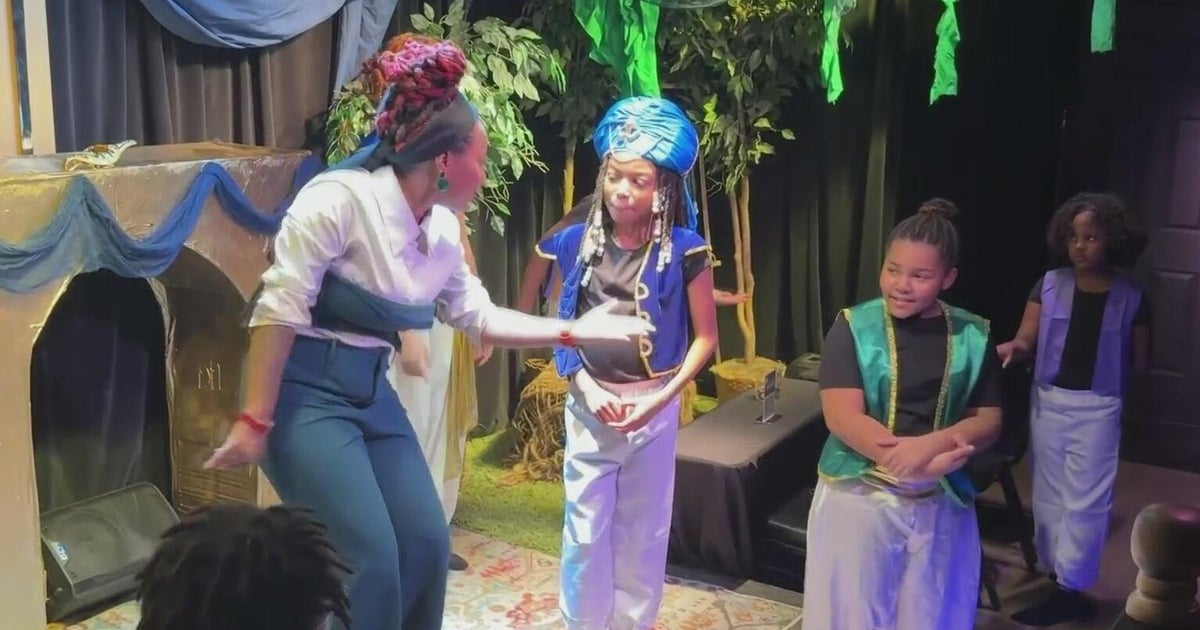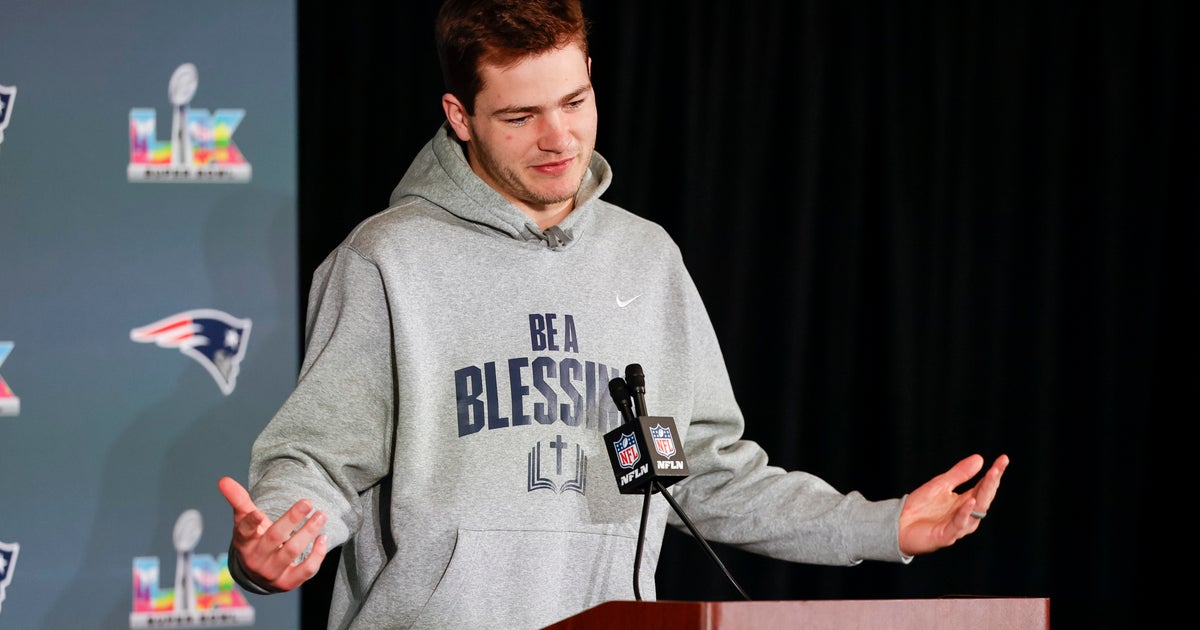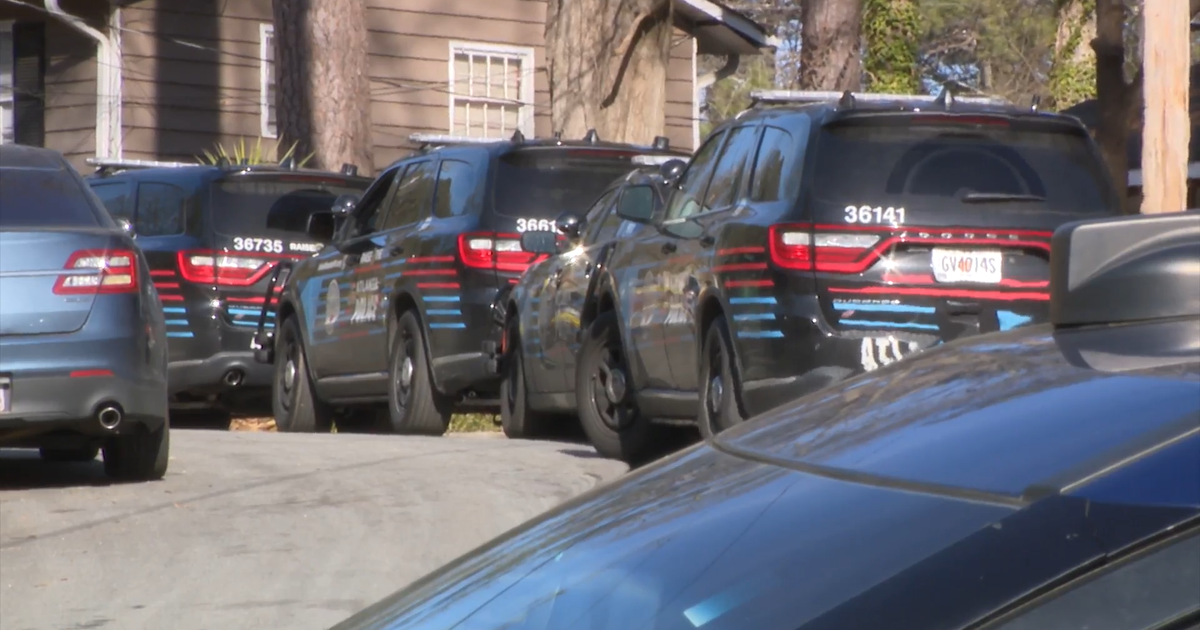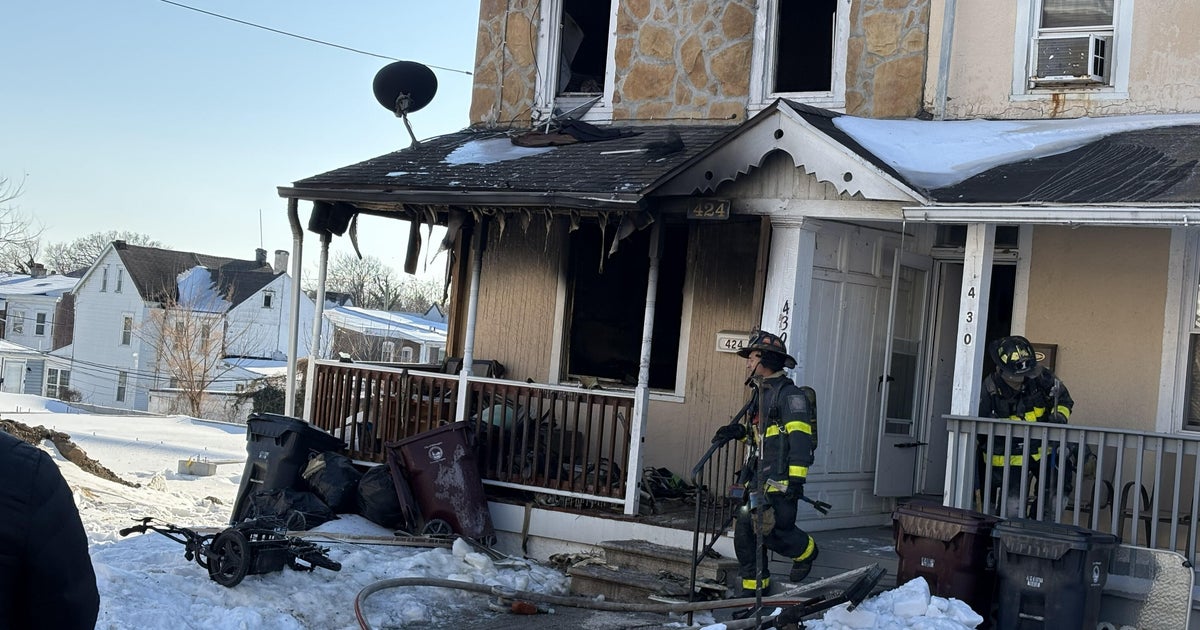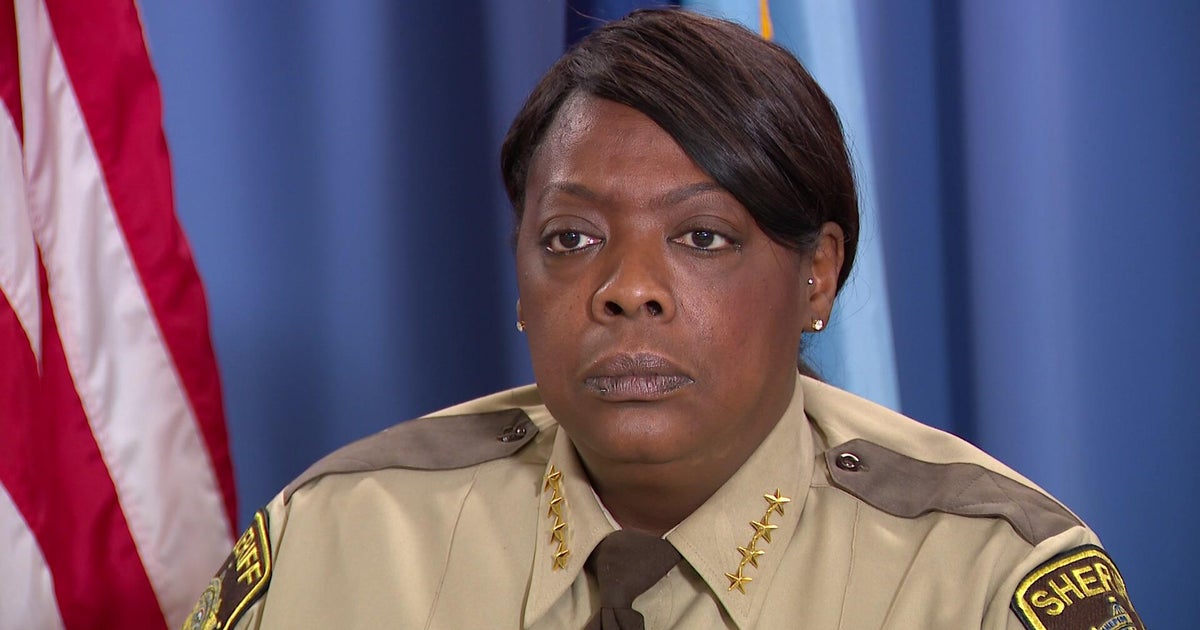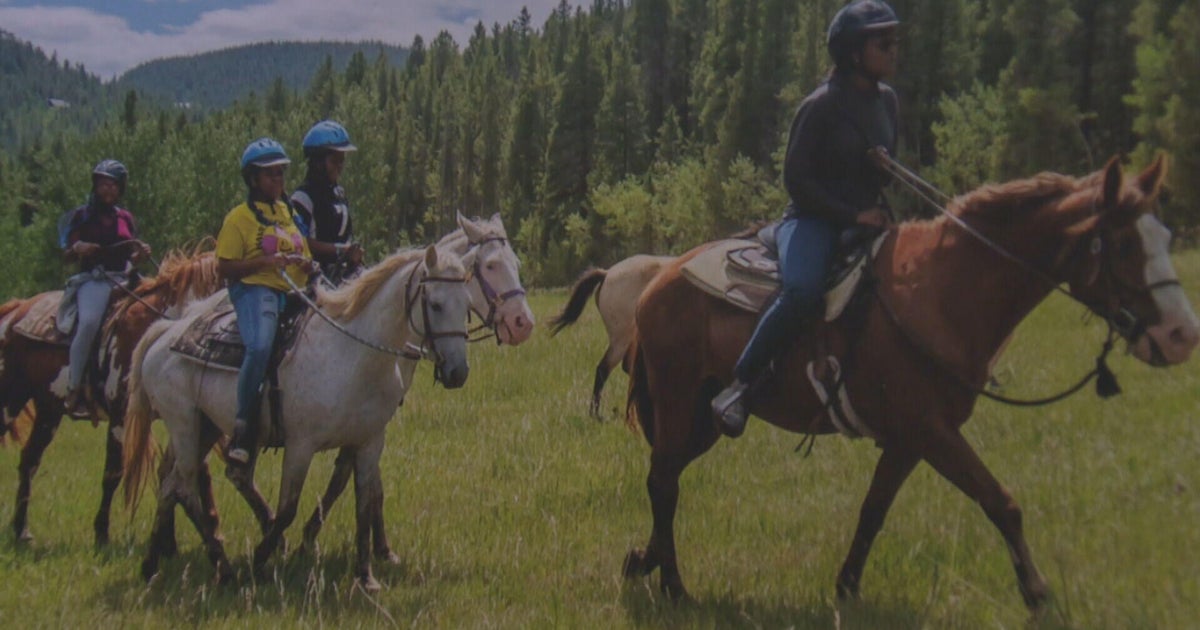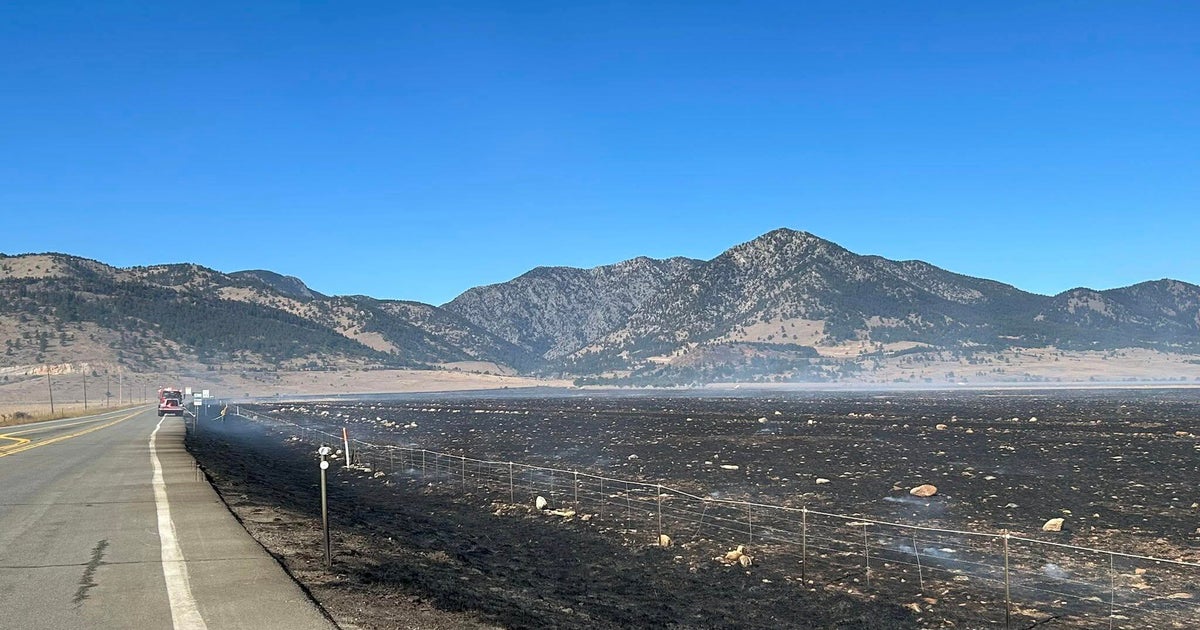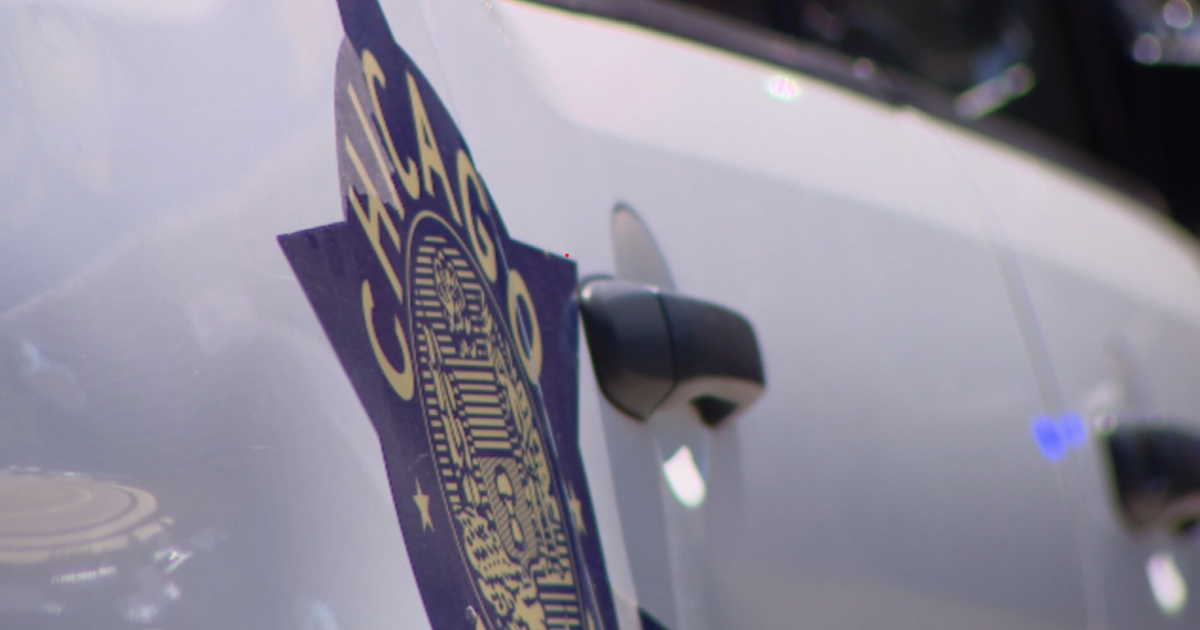The Environmental Message Behind 'The Lorax'
The recent movie adaptation of The Lorax was a smash hit at theaters, drawing viewers into a 3-D version of the world Dr. Seuss created over 40 years ago. Hollywood expands upon the classic environmental tale but loses the simplicity of the message in updating the story for a modern audience. But the message ��� that the environment must be protected against those who would profit from it — is important. With Earth Day nearly upon us, it's worth taking a closer look at the children's book that spawned the movie.
In The Lorax, a boy ventures off to the far end of town "...where the Grickle-grass grows, and the wind smells slow-and-sour when it blows..." He finds the old house of the evil Once-ler and hears the story of how his world came to be so gray and polluted.
As the Once-ler tells it, he discovered this colorful place long ago, teeming with Brown Bar-ba-loots, Humming-Fish and luscious, beautiful Truffula Trees. The trees were of particular interest, since they could be made into a garment called a Thneed. "A Thneed's A Fine-Something-That-All-People-Need! It's a shirt. It's a sock. It's a glove. It's a hat. But it has other uses. Yes, far beyond that." The Lorax, who speaks for the trees, protests. But no one listens.
The Once-ler cranks up Thneed production, building a factory and expanding capacity to meet the needs of consumers. The Lorax pleads with him to keep the trees alive, but the Once-ler, driven by money, pays no attention. Soon the Bar-ba-loots and then the fish are driven off, because they can't survive in a habitat with so few trees. With the last Truffula tree chopped down, Thneed production stops, workers leave, the factory closes up and the Once-ler is left in a grim, desolate world of his own creation. Even the Lorax, whose persistent warnings went unheeded, takes off in search of someplace better. The book ends, back in the present, with the Once-ler giving the boy the last remaining Truffula Tree seed, in the hope that he can bring back the beautiful trees.
The fable isn't subtle, nor should it be. Seuss personifies industry as a whole with the Once-ler, to draw interest and attention to unchecked corporate greed as a threat to nature. The Lorax sounds the warning siren, but is ignored, as environmental groups often are, until it's too late. But industry isn't the sole culprit in this cautionary tale. Industry will only produce what it thinks consumers will buy. So on a certain level, we're all responsible for the fate of the environment. Dr. Seuss goes easy on us in his story, but our complicity is heavily implied. If we, as consumers, are so easily swayed by the next big thing, without regard for how it's made, then this is the world we'll end up with.
The Lorax is a fairly grim tale compared to Green Eggs and Ham or The Cat in the Hat, for sure. But it reflects the era in which it was written. In 1971, when the book was released, the United States was embroiled in environmental issues left over from the 1960s. The deforestation of the Pacific Northwest was chief among them; logging companies were cutting down trees at alarming rates. Needless to say, the logging industry was not happy about The Lorax. The book was banned from many schools and libraries near thriving timber communities. Timber industry groups even sponsored a rebuttal book, called The Truax, which helped kids understand the necessity of harvesting timber.
Learn about the history of Earth Day.
At no point does The Lorax say "don't cut down trees"; a world without industry is no better an option than a world without trees. The book simply attempts to increase awareness of the possible extreme should industry go unchecked. Seuss thinks society needs to strike a balance. Let's not forget that the books he sold — millions of them — were all printed on paper from, you guessed it, trees. As the Lorax puts it, "they say I'm old-fashioned, and live in the past, but sometimes I think progress progresses too fast!"
The Lorax remains a staple of children's reading lists for its whimsical characters and wonderful, Seussical wordplay. But its cautionary message is as important today as it ever was. Respect for the environment and all living creatures will help us preserve the planet for ourselves and future generations. And that respect can live in harmony with economic progress. The fable rings true, as we prepare to celebrate another Earth Day.
Kyle Ayers is a writer for CBS Local and KorkedBats.com, as well as a stand up comedian living in New York, Earth. Follow Kyle on Twitter @kyleayers.



